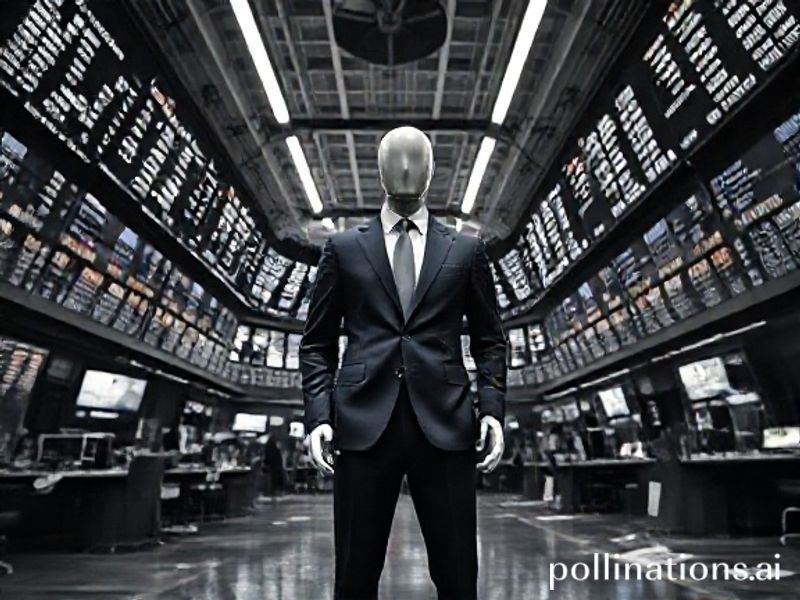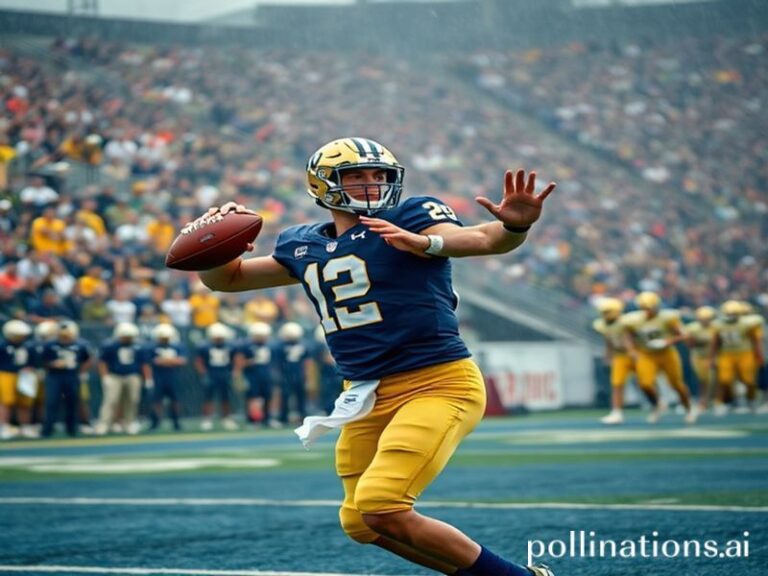Figure AI’s IPO: The World Places Bets on Which Jobs the Robots Steal First
When a San-Francisco start-up best known for turning human silhouettes into JPEGs decides it’s time to go public, the planet takes notice—whether it wants to or not. Figure AI, the company that’s been teaching robots to fold laundry and smile stiffly like overworked flight attendants, filed confidentially for a U.S. IPO this week, valuing the venture at roughly $2.6 billion. From Tokyo trading floors to European pension funds, the announcement landed with the soft thud of another promise that “this time the robots really will steal your job”—but politely, and after a PowerPoint.
Global investors, still hung over from the crypto winter and the SPAC massacre, greeted the news like a weary bartender spotting a regular who swears he’s “only having one.” SoftBank, which already owns a slice of Figure through its Vision Fund sequel nobody asked for, reportedly views the IPO as a geopolitical chess piece: a Western counterweight to China’s surging humanoid-robot sector. Because nothing says “Cold War 2.0” quite like dueling toasters with opposable thumbs.
Across the Atlantic, Brussels bureaucrats are already sharpening their regulatory salad forks. The EU’s AI Act—legislation so dense it could sink a container ship—looms over Figure like a well-meaning but passive-aggressive aunt. Compliance will cost millions, but hey, at least the robots will learn to say “please” in 27 languages before they automate the entire warehouse workforce. In Berlin, unions staged a theatrical protest outside a logistics hub, waving cardboard cut-outs of a faceless android labeled “Herr Jobkiller.” The irony, of course, is that the signs were printed by an automated Kinko’s.
In the Global South, reactions range from pragmatic to fatalistic. Kenyan gig workers who label training data for Figure’s models—teaching the robot that a cat is not a croissant—earn roughly $2 an hour. They watched the IPO filing on cracked smartphone screens and calculated how many centuries of labeling it would take to afford one share. Meanwhile, Singapore’s sovereign wealth fund is allegedly “very interested,” confirming the city-state’s ongoing quest to own a piece of every dystopia in beta.
Tokyo’s markets barely twitched; Japan has seen this movie before, back when Honda’s ASIMO bowed so deeply it practically apologized for existing. Still, SoftBank’s Masayoshi Son reportedly told investors that Figure’s IPO timing is “perfect,” which in Masa-speak usually means “we’re about to discover a new way to lose money with style.” Analysts in London placed cautious buy ratings, citing “long-term demographic tailwinds,” a euphemism for “the entire rich world is getting too old to pick up its own socks.”
The broader significance? Figure’s debut crystallizes a global mood: the simultaneous thrill and dread of outsourcing the last crumbs of human labor to machines that don’t require bathroom breaks or existential dread. It’s capitalism’s latest magic trick—turning sci-fi anxiety into a tradable ticker symbol. If the listing pops, expect a parade of me-too offerings: RobotBarista Inc., DroneDating LLC, and probably a SPAC promising “sentient luggage.” If it flops, we’ll blame interest rates, Putin, or the phase of the moon—anything except the possibility that the market, like your unemployed cousin, has finally noticed there’s no there there.
For now, the roadshow slides are being polished, the underwriters are practicing their best “we’re not in a bubble” faces, and somewhere in a California lab a humanoid prototype is learning to wave at cameras with just the right dosage of uncanny warmth. The rest of us can mark our calendars: the day Wall Street officially started taking bets on whether humanity becomes pets or pets become obsolete. Either way, fetch the popcorn—preferably before a robot does it for you.







